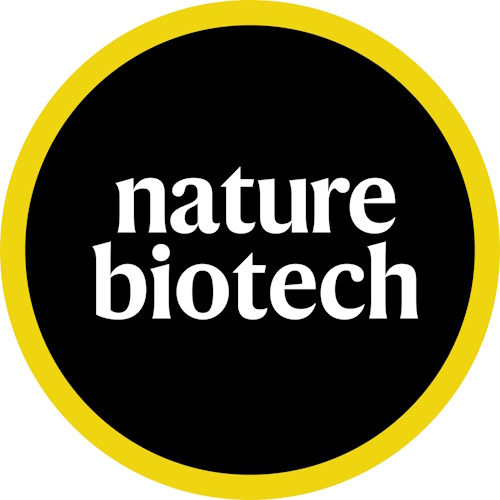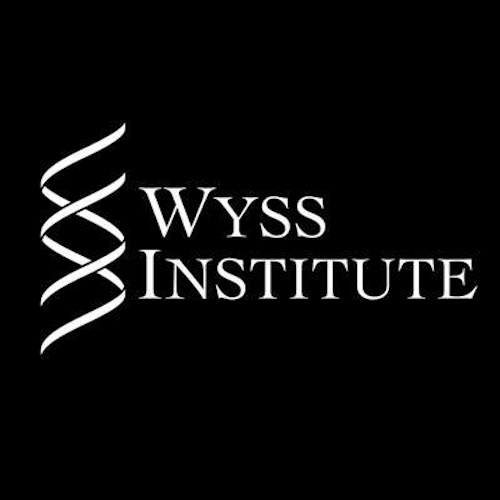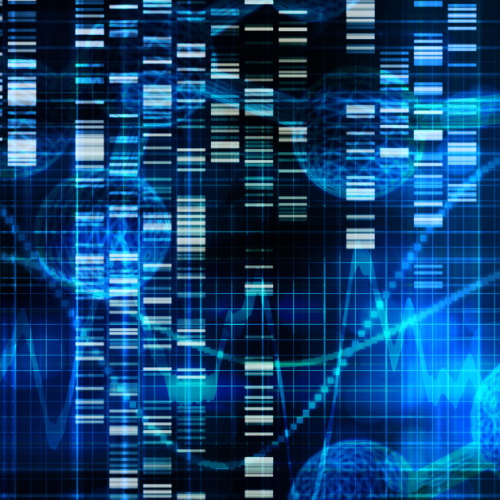Key points from article :
A team of researchers led by Feyisayo (Sayo) Eweje and Jiaxuan Chen, under the supervision of Dr. Elliot Chaikof at the Wyss Institute and Beth Israel Deaconess Medical Center, has developed a new drug delivery system called ENTER, described in Nature Biotechnology. ENTER—short for "elastin-based nanoparticles for therapeutic delivery"—addresses one of the biggest challenges in drug development: getting treatments into the right part of a cell without causing side effects or being degraded.
Most current drug delivery methods either get trapped in a cell’s endosome or cause damage to healthy cells. ENTER overcomes this by combining two engineered molecules: elastin-like polypeptides (ELPs), which sense acidity and break apart in the endosome, and endosomal escape peptides (EEPs), which help punch through the endosome’s membrane and release the drug directly into the cell’s interior.
In lab tests and mice, ENTER successfully delivered complex gene editing tools like CRISPR-Cas9 and mRNA, editing genes with high efficiency and little toxicity. It worked across multiple cell types and cargoes, including proteins, mRNA, and siRNA. In mouse lungs, ENTER doubled the gene-editing success compared to using drugs alone, showing promise for conditions like cystic fibrosis and even cancer.
The researchers are now exploring commercial applications of ENTER, including gene therapies for genetic diseases and potential cancer vaccines. The work has been recognized as a Wyss Institute Validation Project and won funding from the NIH’s TARGETED Challenge.






